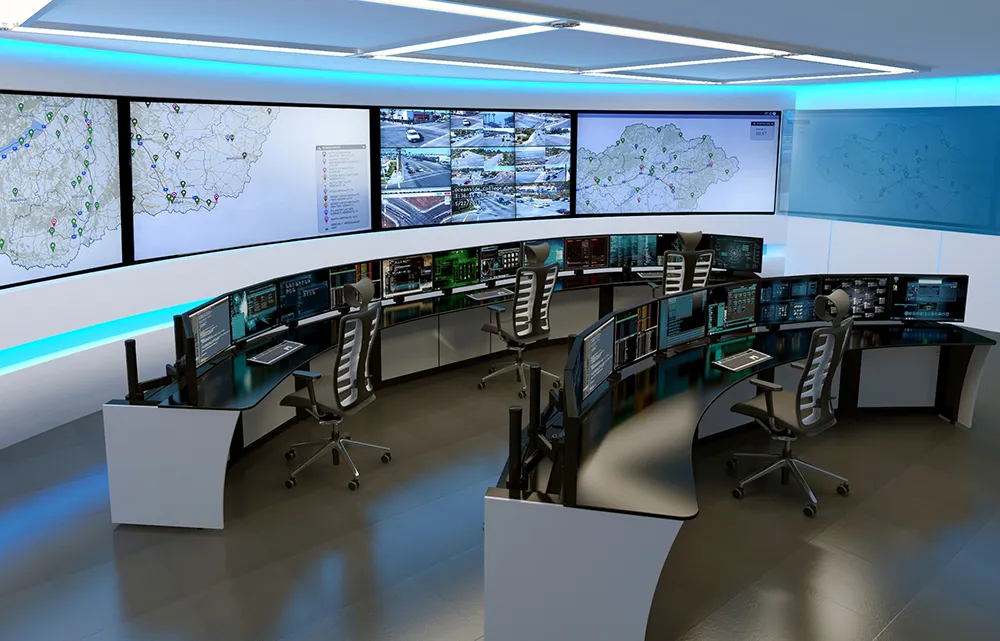South Africa’s
The company is launching its DU700 at Intertraffic. “It provides full diagnostics by Bluetooth,” explained sales executive Warren Lancaster. “Historically, such diagnostics have been made using a hand-held device. This takes it to the next level. It’s for installers and end-users, who can use it to assess what’s happening on the site.”
It provides proof to the end-user or operator of the site that all the inductive loops are functioning, by means of an electronic report that details all the loops’ parameters, such as their status, frequency and sensitivity settings. “It will detect faults and show whether the problem lies with the loop itself, the detector, or external factors," said Lancaster.
The only thing that the installer has to do is input a few details manually to the electronic form, such as the site location.
“It’s really to give peace of mind and understanding what’s happening in diagnosing technical problems on the site.”
Nortech is not aware of any other wireless diagnostic tools in the marketplace.
Nortech’s wireless tool sets new standards in diagnostics
South Africa’s Nortech International is showing a new diagnostic tool for checking the functionality of inductive loops.
The company is launching its DU700 at Intertraffic. “It provides full diagnostics by Bluetooth,” explained sales executive Warren Lancaster. “Historically, such diagnostics have been made using a hand-held device. This takes it to the next level. It’s for installers and end-users, who can use it to assess what’s happening on the site.”
April 6, 2016
Read time: 2 mins










